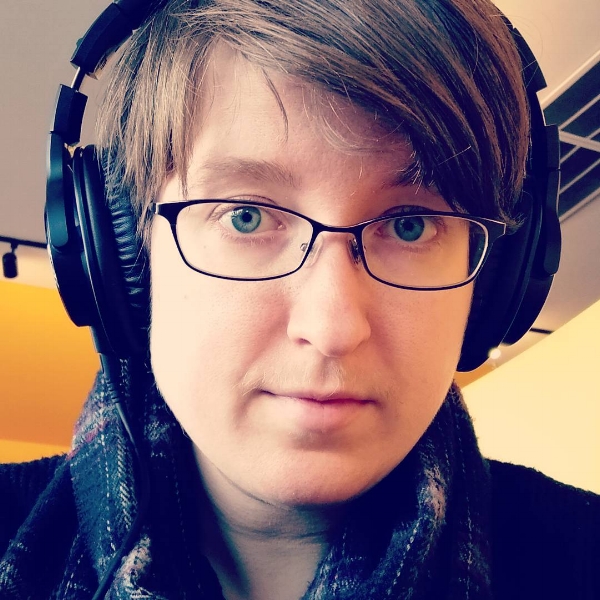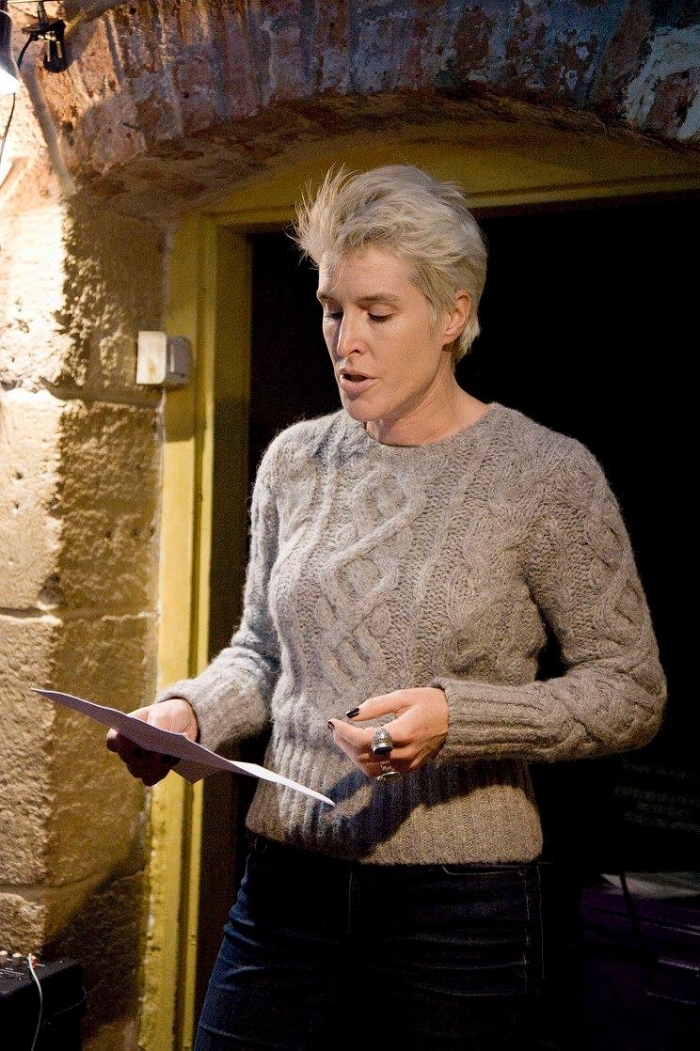Name: Stephanie Papa
Current City: Paris, France
Occupation: Translator and Professor
Age: 30
What does poetry mean to you?
Poetry is everyday, the sea, a cherimoya, a thigh, a death, a memory, the truth.
Favorite Poem: "Letter To My Wife" by Miklós Radnóti
Why do you like this poem?
Miklós Radnóti hasn't necessarily been one of my favorite poets. In fact, he's only recently had an influence on me, but I feel that it's necessary to honor him, especially his poem, "Letter to my Wife," which touches me so deeply. I'm drawn to poetry with a certain "negative capability," as Keats might call it: poems that can rise up from the gloom, that can survive and surpass even the most difficult moments. Radnóti, a Hungarian Jew, conjures up the image of his wife which pushes him to live a while longer, while on a forced march from a labor camp in Yugoslavia with 3,200 Jews. Like many others, he eventually collapsed on the road and was shot. This poem, among others, was found in his pocket after he was exhumed from a mass grave. Although Radnóti's story is one of extreme hardship, his writing is a declaration of love, humanity, and the will to keep going.
"Letter to My Wife"
By Miklós Radnóti
(translated from Hungarian by Zsuzsanna Ozsvath & Frederick Turner)
Beneath, the nether worlds, deep, still, and mute.
Silence howls in my ears, and I cry out.
No answer could come back, it is so far
From that sad Serbia swooned into war.
And you’re so distant. But my heart redeems
Your voice all day, entangled in my dreams.
So I am still, while close about me sough
The great cold ferns, that slowly stir and bow.
When I’ll see you, I don’t know. You whose calm
Is as the weight and sureness of a psalm,
Whose beauty’s like the shadow and the light,
Whom I could find if I were blind and mute,
Hide in the landscape now, and from within
Leap to my eye, as if cast by my brain.
You were real once; now you have fallen in
To that deep well of teenage dreams again.
Jealous interrogations: tell me; speak.
Do you still love me? Will you on that peak
Of my past youth become my future wife?
– but now I fall awake to real life
And know that’s what you are: wife, friend of years
– just far away. Beyond three wild frontiers.
And Fall comes. Will it also leave with me?
Kisses are sharper in the memory.
Daylight and miracles seemed different things.
Above, the echelons of bombers’ wings:
Skies once amazing blue with your eyes’ glow
Are darkened now. Tight with desire to blow,
The bombs must fall. I live in spite of these,
A prisoner. All of my fantasies
I measure out. And I will find you still;
For you I’ve walked the full length of the soul,
The highways of countries! – on coals of fire,
If needs must, in the falling of the pyre,
If all I have is magic, I’ll come back;
I’ll stick as fast as bark upon an oak!
And now that calm, whose habit is a power
And weapon to the savage, in the hour
Of fate and danger, falls as cool and true
As does a wave: the sober two times two.
________________________________________________________________________________
Stephanie Papa is a poet, translator, and educator living in Paris, France. Her work has been published in numerous magazine and journals. She is the co-editor of Paris Lit Up magazine. For more about her work, visit stephaniepapa.wordpress.com.










